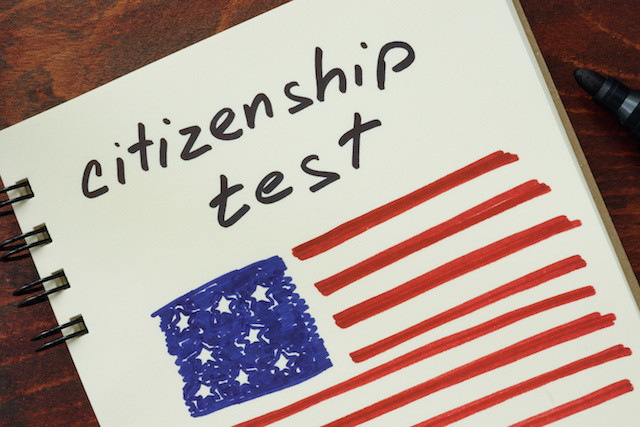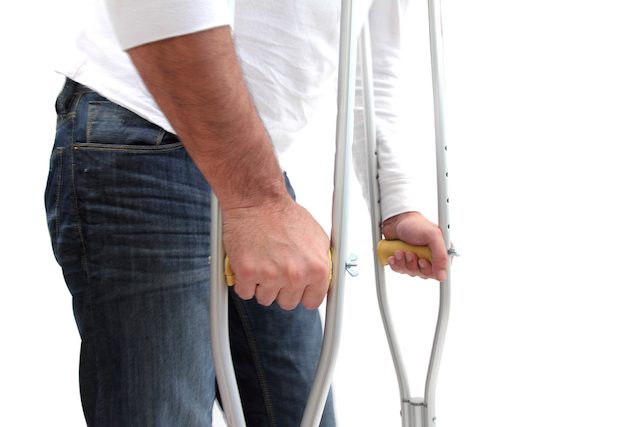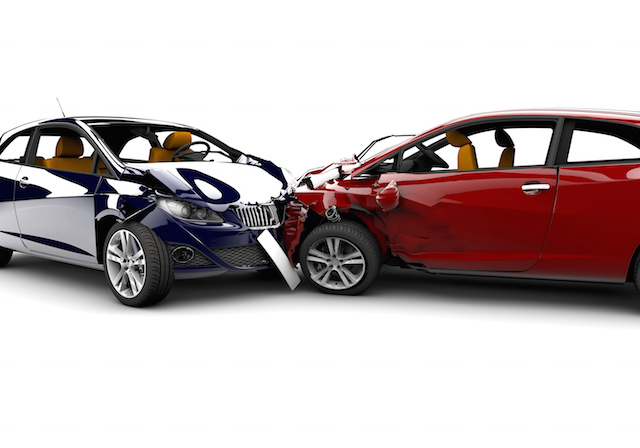In the world of
personal injury, product liability, and other types of tort/negligence law where a person has been injured and/or had damage to their property, settlements and verdicts can vary widely from case to case. You may see a billboard advertising a law firm’s settlement in a motorcycle accident for a million dollars or more, but then you might know a friend who was in a motorcycle accident who might have received an insurance payout for just a couple thousand dollars. So why the huge difference? Of course, cases are different and the damages a person might suffer in an
accident can vary widely, but that is only part of the story when it comes to making a solid estimate on how much your case might be worth. Below, we take a look at some of the more common issues that will affect the amount of money you might receive in a settlement or verdict.
What Types of Injuries Did You Suffer?
Calculating the costs that you have endured is the first step in understanding what you might be entitled to in your
claim. If you were injured by the intentional, reckless, or negligent wrongdoing of another, then you should seek recovery for all medical costs, all lost income due to your injuries, as well as pain and suffering you have endured. The defendants may try to argue that you had a preexisting injury not caused by the accident, but your attorney will work to counter such arguments.
How Much Can You Expect to Suffer Financially Over Your Lifetime?
Where calculating damages becomes more challenging is in predicting the future costs you will have to deal with as a result of the accident. You are entitled to the lifetime costs resulting from your injuries, including future medical care, future pain and suffering, and the difference between the income you could have made over your lifetime but for the injury and what you can expect to earn over your lifetime in light of your injuries.
How Difficult are Those Lifetime Costs to Prove?
Calculating all of these costs is one thing, but actually proving those future costs to a jury is whole other matter. The more difficult it might be to prove with certainty that you will suffer a certain level of costs and pain and suffering, the more your attorney might have to discount your recovery in a settlement or the more likely a jury might be to lower your verdict at trial.
How Difficult Will it Be to Prove Fault at Trial?
Likewise, if you go to trial, you will have to prove that the defendant was actually at fault by a preponderance of the evidence before the jury will award a verdict. Fault may be crystal clear to you, but remember the jury can only go on the physical evidence and testimony provided at trial, along with your attorney’s arguments. And of course the defendants will be presenting their own arguments and evidence. Ultimately, juries are, by definition, impossible to predict with 100% accuracy. Thus, if you decide to settle prior to trial or the jury handing down a verdict, your attorney may have to negotiate a smaller settlement based on the likelihood of your being able to prove fault in a compelling manner such that a jury would take your side.
What Role, If Any, Did You Play in the Accident?
If you as the plaintiff were at least partially at fault in causing your injuries (for example, if you were jaywalking when you were hit by a car) then the jury may decide that you were comparatively negligent and choose to reduce your verdict by your proportionate amount of fault. Similarly, a settlement may reflect this discount as well.
How Willing Are You and the Defendants to Go to Trial?
Both plaintiffs and defendants may have reasons to not want to go trial: expense, delay, fear of being in the public eye, unwillingness to deal with the uncertainty of a jury verdict, and so on. Both parties can use these reasons as leverage in negotiating a settlement.
Does Your Attorney Have the Experience and Dedication to Win Maximum Compensation?
One of the most important factors for a plaintiff is making sure that he or she is working with an attorney who has the experience to make a compelling case for fault and damages, and is willing to do whatever it takes to make sure the plaintiff is properly cared for through the attainment of maximum compensation.
Contact an Southern California Personal Injury Attorney Today
When you work with the legal team at the Law Offices of Scott Warmuth, you can expect a trusted legal advisor and guide at your side. By
contacting us as soon as possible after your injury, we can immediately step into action to begin investigating the accident, gathering evidence, and working with your medical provider to build your best case for maximum recovery.
Our multilingual staff is here to help injured victims and their families across Los Angeles and Southern California. Contact us today to set up an initial consultation regarding your potential claim.












